"The Creature from Jekyll Island": A Second Look at the Federal Reserve

"The Creature from Jekyll Island", by G. Edward Griffin, is a fantastic, controversial, and eye-opening view of the Federal Reserve, America's central bank. Published in 1994 and updated several times since, it argues that the Fed isn't a government agency working for public benefit, but a private banking group serving its own interests.
The title refers to a secret meeting on Jekyll Island, Georgia, in 1910, where the Federal Reserve was allegedly planned by powerful bankers and politicians. This summary outlines the main arguments, while noting that many experts disagree with these views.
This book also reads like a financial history of America. There are a lot of famous characters that have roles in this book such as J.P. Morgan, John D. Rockefeller, Woodrow Wilson, and the Rothschilds family.
To some, this book might seem very doom-and-gloom. Which it pretty much is. But Griffin does a great job wrapping up this story in the last few chapters. He ends the book with solutions and what could and should be done about the problems caused from our current monetary system.
After reading this book, you get a sense of "I understand this creature that is among us and it seems the rest of the country is oblivious to it, and by the time they understand it will be too late."
I broke down this short summary into the 6 sections of this book.
I. What Creature Is This?
The Federal Reserve's creation wasn't about stabilizing the economy, as most people think, but about reducing competition in banking and giving more power to a few large banks.
"The public was led to believe that the Federal Reserve was needed to prevent bank failures, but the real purpose was to prevent competition from banks outside the system."~ G. Edward Griffin. The Creature from Jekyll Island
Banking crises, especially the Panic of 1907, were used to make people support the idea of a central bank. The name "Federal Reserve" was chosen to make people think it was part of the government, when it's actually a private banking group.

II. A Crash Course on Money
The history of money and banking reveals how our current system works. Banks can lend out more money than they actually have, a practice called fractional reserve banking. This is essentially a legal form of creating fake money.
"The modern banking system manufactures money out of nothing. The process is perhaps the most astounding piece of sleight of hand that was ever invented."~ G. Edward Griffin. The Creature from Jekyll Island
The switch from the gold standard to our current money system wasn't made because the gold standard had problems, but to allow the government to spend more and create more money. Inflation is a hidden tax that benefits those who create money at the expense of everyone else.
The Creature from Jekyll Island
A groundbreaking exposé of the Federal Reserve System that reveals the hidden history of money and banking. G. Edward Griffin's meticulously researched masterpiece uncovers the secret meeting that led to the creation of America's central bank and its profound impact on our economy and financial freedom.
View on AmazonIII. The New Alchemy
The Fed's policies have a significant impact on the economy. The ups and downs in the economy (boom and bust cycles) aren't natural, but are created on purpose:
"The Fed deliberately induces cycles of boom and bust, not to stabilize the economy as claimed, but to transfer wealth from the masses to the financial elite."~ G. Edward Griffin. The Creature from Jekyll Island
Changing the amount of money in circulation and adjusting interest rates can create artificial booms in the economy. Banks and financial institutions benefit the most from this, effectively taking wealth from the poor and middle class and giving it to the rich.
IV. A Tale of Two Banks
The Federal Reserve shares many similarities with other central banks in history, especially the Bank of England. Central banks have often played a big role in financing wars:
"War is the ultimate debt-creation machine. The Federal Reserve, like the Bank of England before it, finds war to be an excellent means of expanding its power and profits."~ G. Edward Griffin. The Creature from Jekyll Island
Central banks around the world work together more closely than they do with their own governments:
"The world's central banks cooperate more closely with each other than with their respective governments."~ G. Edward Griffin. The Creature from Jekyll Island
V. The Harvest
The Fed's policies affect the world beyond just the U.S. International organizations like the International Monetary Fund (IMF) and World Bank are tools for controlling other countries' economies:
"The IMF and World Bank serve as instruments to colonize the world economically without the need for military conquest."~ G. Edward Griffin. The Creature from Jekyll Island
Our current financial system is more of a modern form of feudalism:
"The modern financial system has created a new form of serfdom, with central bankers as the new feudal lords."~ G. Edward Griffin. The Creature from Jekyll Island
The U.S. dollar's role as the world's main currency significantly affects global economics and politics, allowing the United States to export inflation to other countries and maintain economic dominance.
VI. Time Travel into the Future
In this section, Griffin goes through possibilities, including pessimistic and optimistic future realities.
Continuing current policies will lead to a major economic collapse:
"The power elite may eventually deliberately trigger a global economic collapse to usher in a new world order."~ G. Edward Griffin. The Creature from Jekyll Island
Such a crisis could be used to create a more centralized global economic system:
"Economic chaos could be used as a pretext for the establishment of a world government, with a global central bank at its heart."~ G. Edward Griffin. The Creature from Jekyll Island
Alternatives to our current money system, including a return to the gold standard, could lead to more economic stability and protect individual freedom.
If you've enjoyed this review, or enjoyed the book, my next recommendation would be to read The Bitcoin Standard. The Bitcoin Standard discusses many of the same issues caused by the Fed and explains how going back to a gold standard, or a Bitcoin standard, is possibly our only realistic solution to our future financial problems in America.

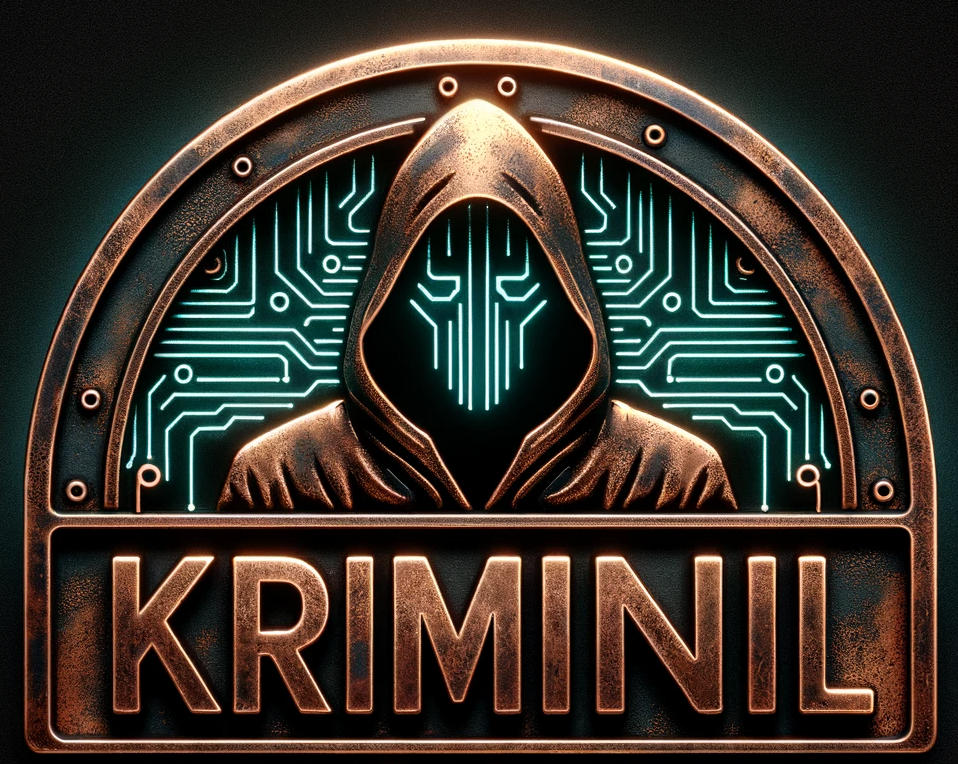



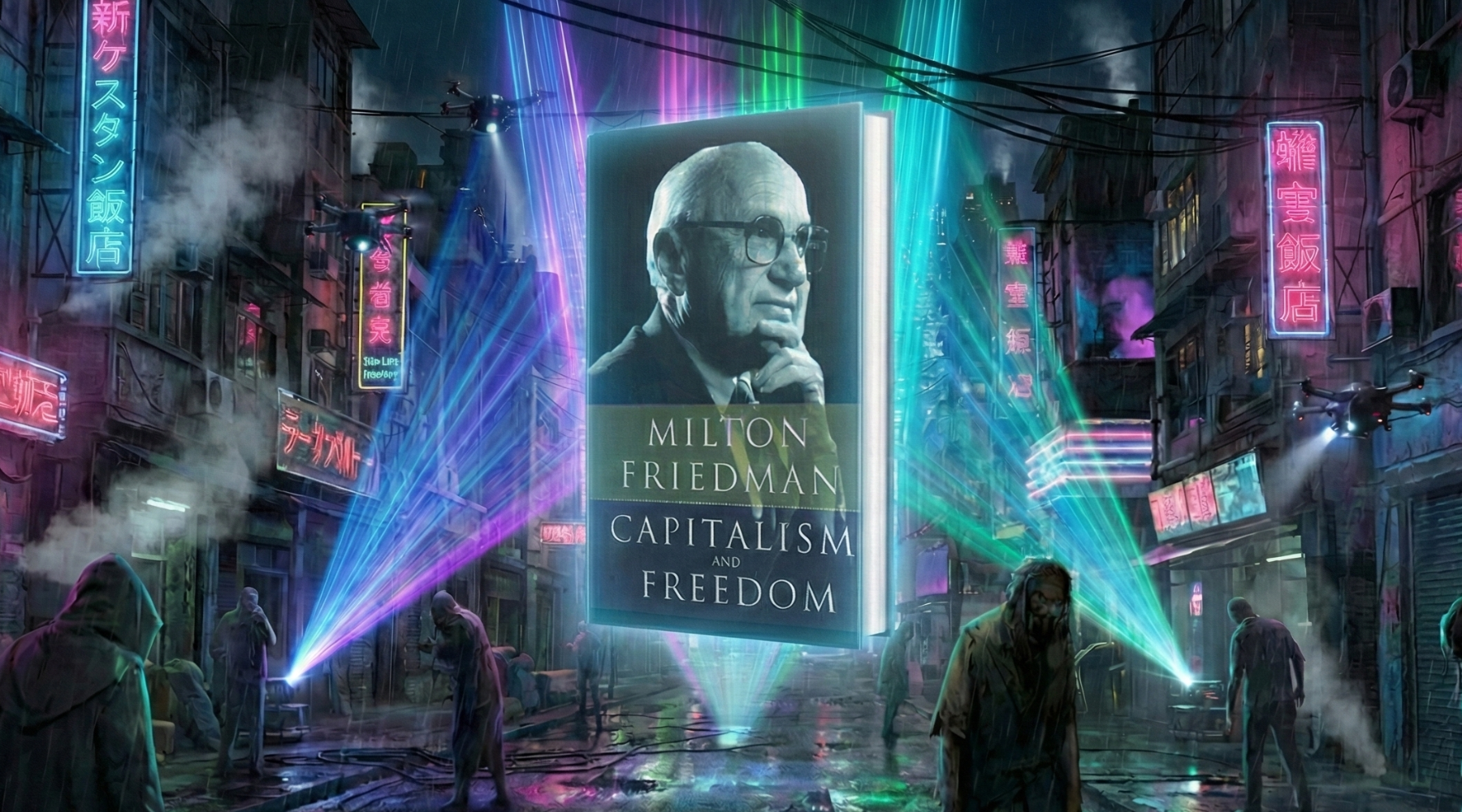
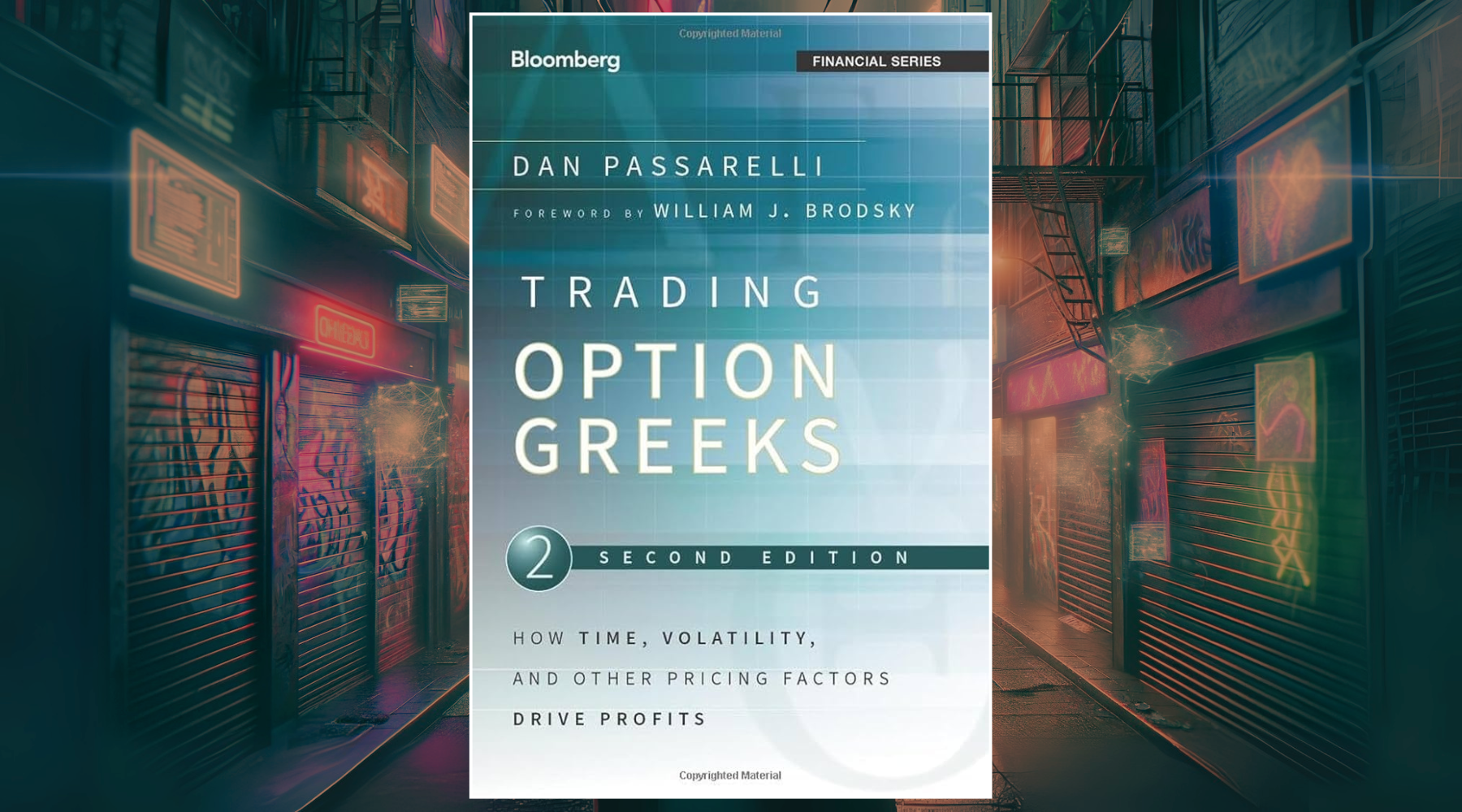
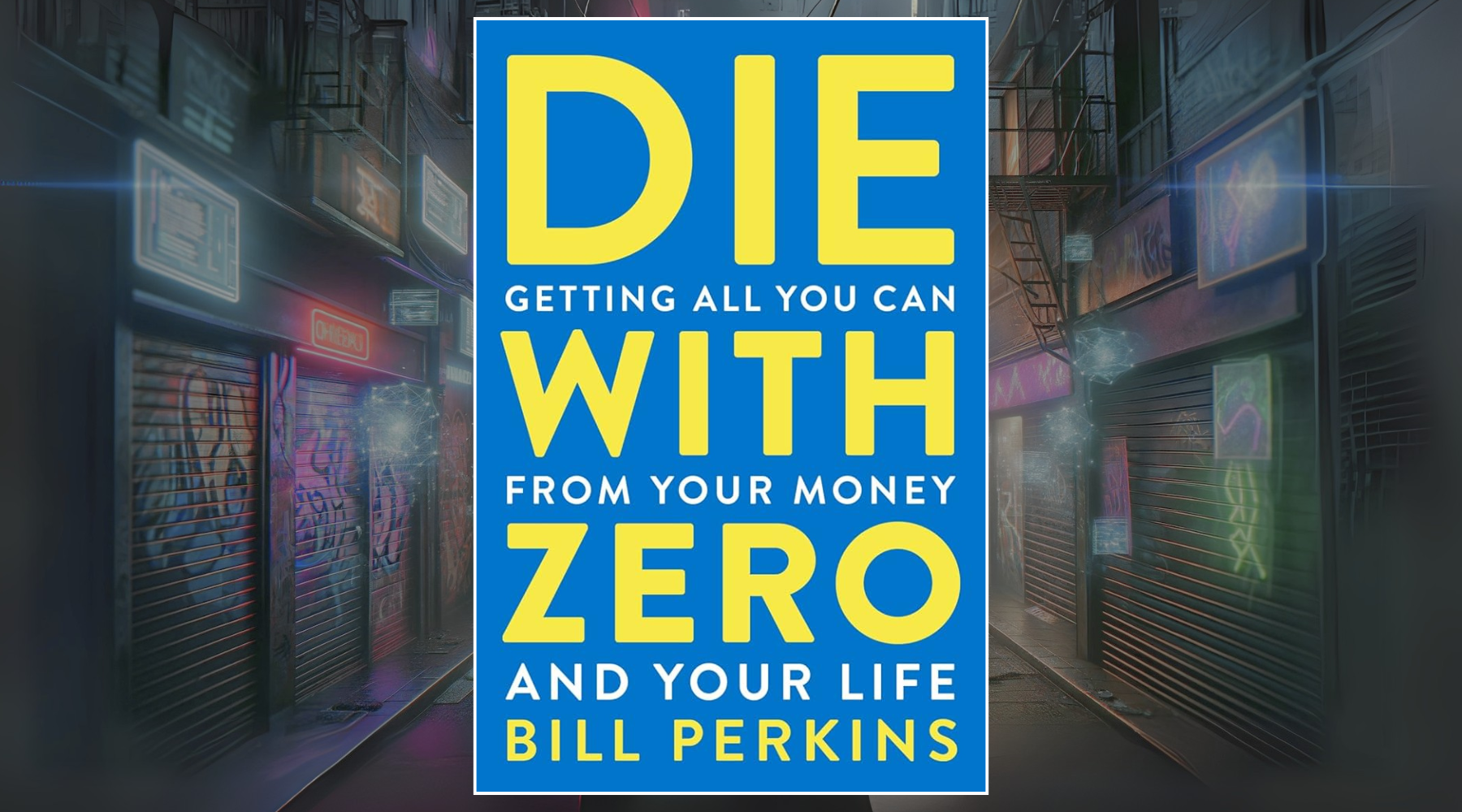
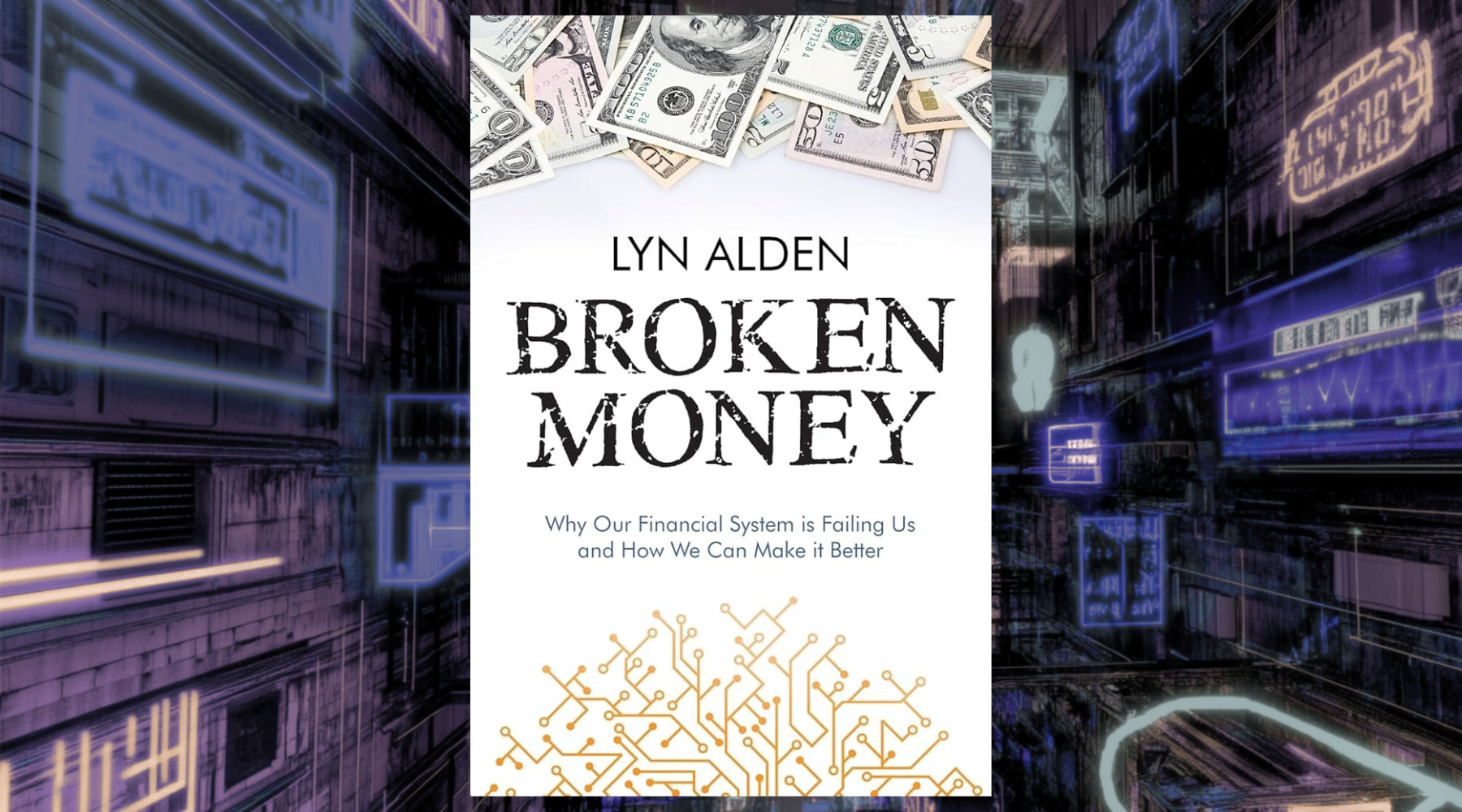
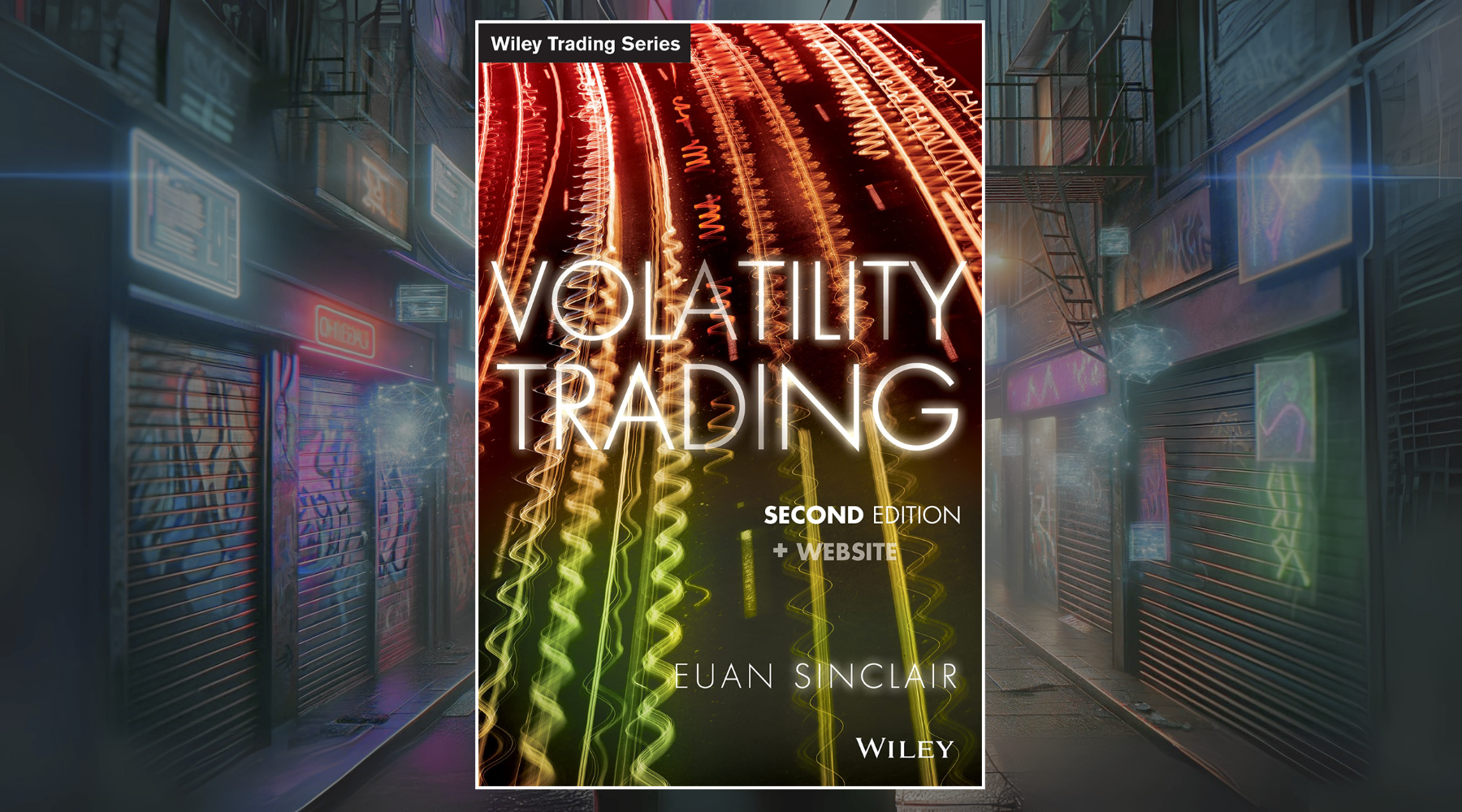
Leave a comment
This site is protected by hCaptcha and the hCaptcha Privacy Policy and Terms of Service apply.